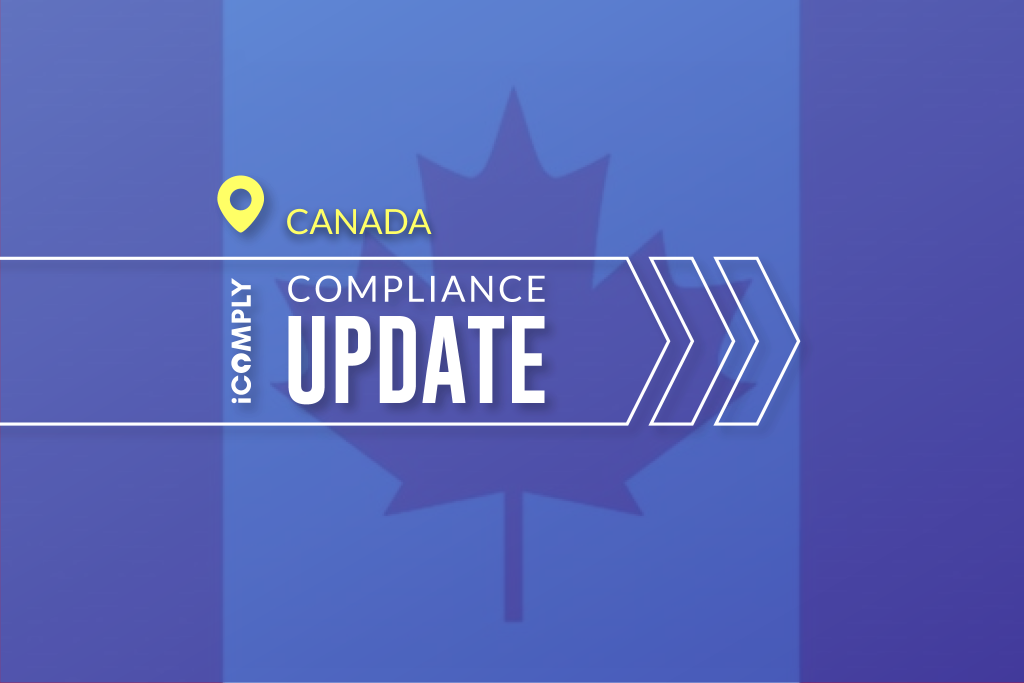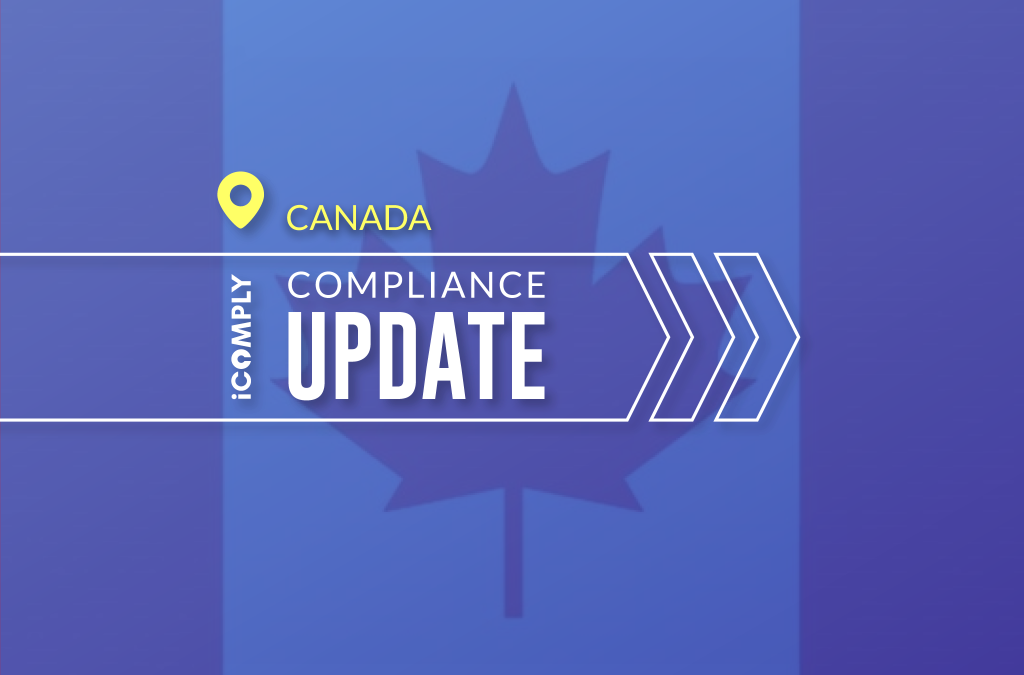BCSC targets EU virtual asset platform i-Coin

The British Columbia Securities Commission issues regulatory warning against i-Coin, a European cryptocurrency trading platform
What Happened?
April 29, 2020: Estonia-based cryptocurrency trading platform i-Coin was found to have accepted funds from a British Columbia resident without being recognized as an exchange or registered as a dealer in B.C. According to Canadian legislation, i-Coin’s activities were regulated and the firm has been added to the IOSCO warnings list.
Source: https://www.bcsc.bc.ca/Enforcement/Investment_Caution_List/i-Coin/
Who Is Impacted?
Cryptocurrency trading platforms and virtual asset service providers (VASPs) serving Canadian residents.
Why This Matters?
Many VASPs continue to operate on a global basis, without securing the required licenses or implementing the required KYC and AML compliance systems of the jurisdictions in which they accept users. This enforcement measure signals the importance for businesses to properly secure licensing in every jurisdiction they will accepting users.
What’s Next?
By adding i-Coin to the Investment Caution List, the BCSC has sent a clear message that these practices–although common in the cryptocurrency and fintech industries–are unlawful practices and can result in public enforcement.
VASPs who serve any Canadian user should seek legal and compliance advice from local experts to ensure they have the appropriate license for every jurisdiction in Canada.
learn more
Is your AML compliance too expensive, time-consuming, or ineffective?
iComply enables financial services providers to reduce costs, risk, and complexity and improve staff capacity, effectiveness, and customer experience.
Request a demo today.
Understanding Enhanced Due Diligence (EDD): A Deep Dive
What is Enhanced Due Diligence (EDD)? Enhanced Due Diligence (EDD) is a crucial component of compliance programs within financial institutions, fintech companies, and other regulated entities. Unlike standard due diligence, EDD involves a more thorough investigation...
How to Integrate New Compliance Technologies: A Guide to KYC Integration
Integrating new compliance technologies into your existing systems can seem daunting, but with a structured approach, it becomes manageable and highly beneficial. This guide outlines the steps for integrating compliance technologies, focusing on leveraging the...
The Role of Edge-Computing in Compliance
Edge computing is transforming various industries by bringing data processing closer to the source of data generation. In the realm of compliance, particularly in financial services, edge computing offers significant advantages by enhancing speed, security, and...




